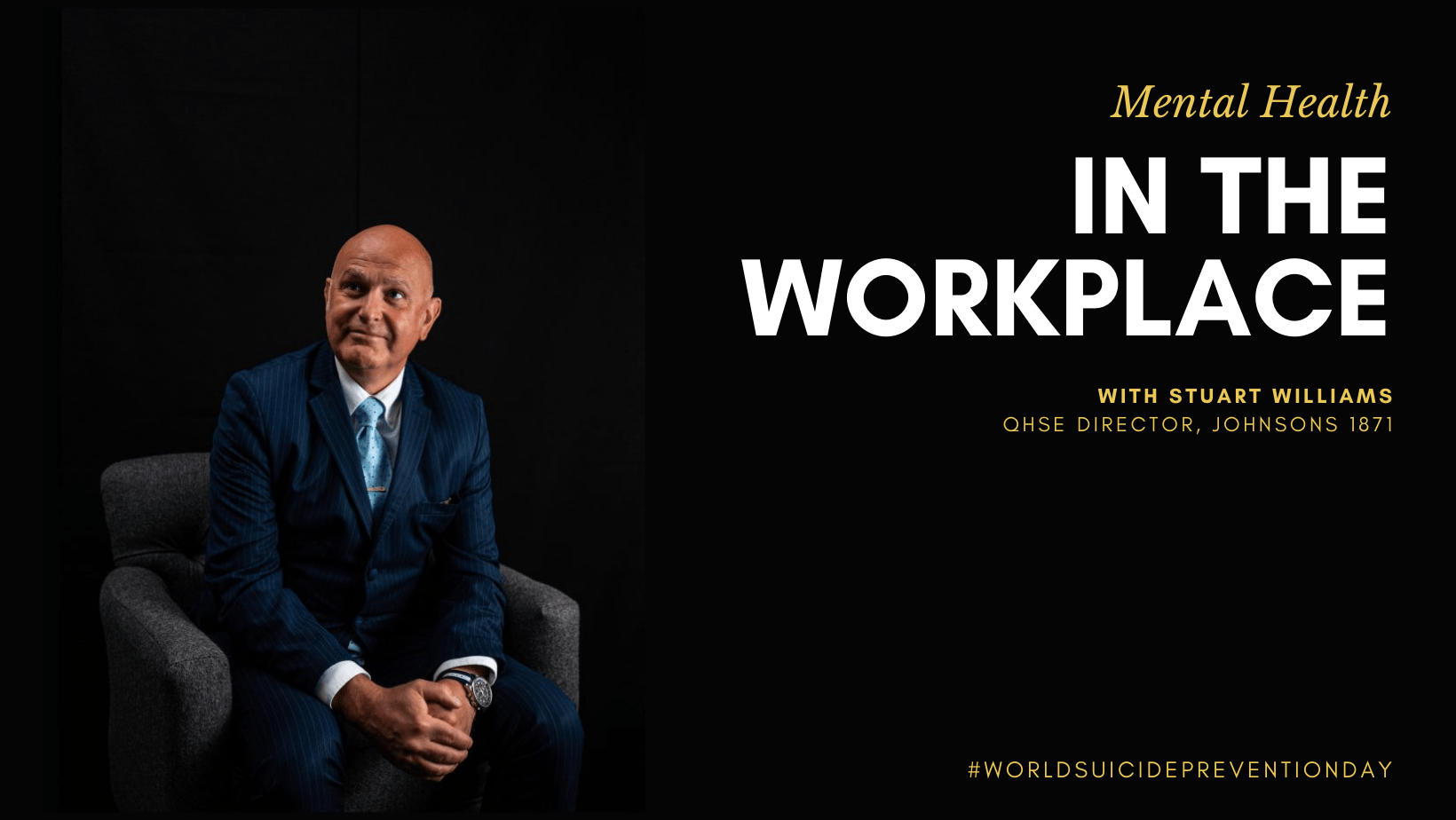
It’s Suicide Prevention Day, let’s state some facts. Each year, 703,000 people take their own life worldwide. For each person that takes their own life, there are 20 or so others who also make an attempt to end theirs. In 2019, suicide was the fourth leading cause of death among 15-29 year olds – this is a terrifying number for an illness that is highly preventable with counselling and therapy options.
Suicide is devastating to families and friends who are left behind. Often these individuals are left wondering what they could have done if they’d noticed the signs, putting a large portion of the blame onto their own shoulders. It’s crucial that we continue to speak up and talk about mental health. By doing so, we can create a world where everyone feels comfortable to talk to someone when they’re feeling down.
In light of #SuicidePreventionDay, we spoke with some of our team who recently attended extensive mental health training. We asked them to share some advice and knowledge from the course. Along with some insight from personal experience of approaching the subject of negative thoughts, both in and outside of the workplace.

“By leading the conversation and making it normal to talk about your emotions.
It is only when talking about our mental health becomes an everyday thing that people will feel empowered to talk about how they feel, and more importantly – we will be able to help. I also believe that the word ‘taboo’ doesn’t aid the situation. Describing mental health as a taboo subject adds barriers which we are trying to avoid. The best way I describe it is that mental health belongs to us all. When our mental health becomes unbalanced, talking to others about your thoughts and feelings can help.”
“There are a number of free support groups out there for those struggling with their mental health, such as, Samaritans, Papyrus (young people), and NSPA (National Suicide Prevention Alliance), amongst others. There are also specific support groups for those dealing with suicidal thoughts.
Drug and alcohol dependency, gambling, financial problems, divorce, etc all have support groups that provide mental health support within their framework. Finally, the NHS has some fantastic mental health referral systems that work through GP services. Although quite often the waiting lists are long, people who have more severe assessment scores are fast tracked to get the help they need.
In our workplace, Johnsons 1871, we have a number of mental health first aiders that can provide internal support. However, while we are trained to notice the signs and symptoms of those struggling, we can only signpost and advise on further support. We are not trained psychologists or mental health support therapists.”
“As mentioned above, Johnsons now have qualified mental health first aiders, who are trained to listen, provide support and signpost our employees to relevant support. We also offer our employees support through our NHS top-up scheme, which becomes available after 3 months of service.
This allows each team member access to the employee assistance programme, provided independently from the company. This scheme offers a number of advisors and counsellors trained to deal with the hardships people face. There are services for relationship, drug and alcohol, financial and mental health issues, amongst others.
Our mental health support can offer 5 discounted counselling sessions, which provide an excellent service for those who feel as though they have no one else to turn to.”

“ Firstly, I would approach the individual and reassure them that they can speak to me in confidence. I would explain that I will treat whatever they say with respect and will respect their confidentiality. A breach of their trust could have a further negative impact on their mental health.
I would begin by asking about their general well-being and let them know my door is always open to talk, whenever they need to. I would focus my discussion on the individual, and not impose any personal beliefs on them. Being a listening ear, without judgement, encourages those struggling to open up and talk about how they’re feeling. Even if they don’t feel comfortable sharing their thoughts and feelings at the time, I would let them know that I care, and that I’ll always be here when the time is right for them.”
“The most important thing to remember when someone is confiding with you about their feelings, is to listen.
Just simply listening to someone is vital to those struggling with mental health issues. More often than not, a person battling negative thoughts will have kept their feelings bottled up for a long time. If they decide to open up, sit down privately, or go for a walk with them so they can speak to you in confidence. Always set aside an extended period of time, to make sure they don’t feel rushed.
I would assure them that even if I don’t understand how they’re feeling, I’ll be here to support them, without judgement. If it feels right, I may choose to offer my own experience. However, it’s important you assess the situation, and only share relevant experiences. It’s crucial that when sharing your own experiences, you don’t take away from how that person is feeling and what they are currently going through.”
We’ve listed some extremely important phone lines below for those struggling, or those who know someone who may be. Share these numbers with your colleagues and loved ones to remind them that if they’re feeling down, there is always somewhere to turn for help:
If you do not want to talk to someone over the phone, these text lines are open 24 hours a day, every day.